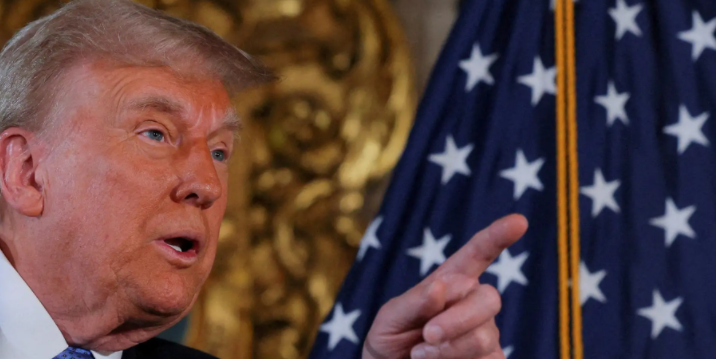In recent years, the US government has repeatedly wielded the “tariff stick,” imposing high tariffs on multiple countries and regions, including China, the European Union, Canada, and Mexico. This unilateral and protectionist behavior has not only failed to achieve the so-called “protection of domestic industries” but has also brought numerous negative impacts on the US economy itself, the global economic order, and the international trade system.
Backlash on the US Economy
The US tariff policy first inflicts significant backlash on its domestic economy. The increase in tariffs directly raises the prices of imported goods, leading to higher domestic inflation and reduced consumer purchasing power. According to estimates by the Peterson Institute for International Economics, tariff policies have already led to an increase in US inflation rates. It is projected that in 2025, inflation will be pushed up by 0.4%, and US households may lose $1,000 to $1,200 in annual purchasing power. Moreover, the tariff policy has also caused discontent among US domestic enterprises. Many manufacturing companies that rely on imported parts face increased production costs, resulting in production standstills and supply chain disruptions.
The US tariff policy has also hindered its economic growth. The Atlanta Fed has already downgraded its GDP growth forecast for the first quarter of 2025 to -1.4%, with the second quarter also looking bleak. Economists point out that the uncertainties brought by tariff policies may lead the US economy into a recession, and there is even a possibility of a repeat of the economic depression of the 1930s.
Disruption of the Global Economic Order
The frequent imposition of tariffs by the US has severely disrupted the global economic order. Its unilateral measures violate the multilateral trade rules of the World Trade Organization (WTO), weakening the authority and effectiveness of the multilateral trade system. The US tariff policy has sparked strong discontent and retaliatory measures from many countries, leading to a continuous escalation of global trade tensions and a contraction in international trade volumes. For example, Canada, Mexico, the European Union, and other traditional US trading partners have successively imposed retaliatory tariffs on the US, further exacerbating the uncertainty in global trade.
In addition, the US tariff policy has also severely impacted the global industrial and supply chains. Many multinational companies have had to readjust their global layouts, relocating production from high-tariff areas to other regions, causing disruptions and reorganizations in the global supply chains. These supply chain interruptions not only affect the economies of the relevant countries but also have negative impacts on global economic growth.
Impact on the International Trade System
The impact of the US tariff policy on the international trade system is particularly significant. Its frequent adjustments of tariff policies have created a highly uncertain and chaotic environment, obstructing business planning and the normal operation of international trade. For example, the Trump administration repeatedly imposed tariffs on Canada and Mexico and then adjusted tariff measures over and over again. This capricious behavior not only disrupted international trade but also caused fluctuations in the international financial markets.
The US tariff policy has also undermined its own international credibility. Many economists point out that the unilateral behavior of the US government is damaging its reputation as a “safe investment destination,” leading to a decline in international investors’ confidence in US assets. This loss of trust may be difficult to restore in the short term and will consequently affect the US’s position in the global economy.
Conclusion
The frequent imposition of tariffs by the US is a concentrated manifestation of its protectionist policies. Such policies have not only failed to achieve the goal of “protecting domestic industries” but have also caused serious backlash effects on the US economy itself and brought significant impacts on the global economic order and the international trade system. In the future, the stability and sustainable development of the global economy require the joint efforts of all countries to resolve trade disputes through dialogue and cooperation and to promote the reform and improvement of the multilateral trade system, rather than resorting to unilateralism and protectionism to solve problems.

